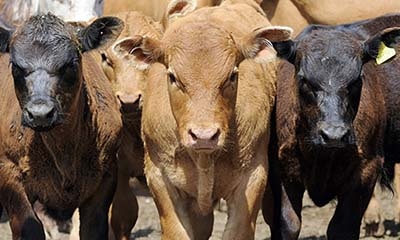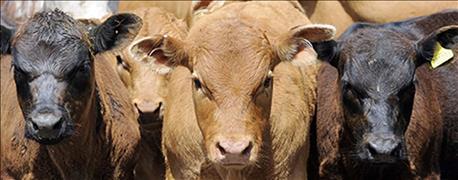January 25, 2016

U.S. beef producers are seeing beef trade evolve, according to a new report from the Rabobank Food and Agribusiness Research and Advisory group.
Other countries are producing beef under favorable export agreements, the U.S. dollar is gaining in value and domestic markets are making demands producers haven’t experienced before.
“In the U.S., we are hearing from producers that they are wrestling with strategic questions centered around whether creating a safe and nutritious product will be enough to sustain a profitable market for quality U.S. beef,” says report co-author and Rabobank protein analyst Don Close.

A report from Rabobank Food and Agribusiness Research and Advisory group finds U.S. beef prdoucers face an increasingly competitive global market.
The report explores imports and exports of global beef-producing countries and the development of China and Southeast Asia as major consumers.
“Over the past few years, China has become a major player in the global beef trade,” notes Rabobank analyst Matt Costello. “While per capita consumption for beef is low compared to more traditional beef markets, projections suggest Greater China will become the world’s largest beef importer in the coming few years.”
The U.S. beef industry faces an increasingly competitive global market, the report says, and offers three suggestions to keep U.S. products competitive.
“We feel a focus on enhancing U.S. export opportunities, producing beef that meets emerging consumer preferences, and implementing programs such as a voluntary, industry-driven cattle and beef traceability program are important steps to strengthen the U.S. position in the market,” notes Close. “Looking closely at trade, it’s our point of view that if TPP is not passed, it puts U.S. exports at a significant disadvantage in a global marketplace since there is an anticipated increase in exports from South American countries that have trade agreements separate from TPP.”
Source: Rabobank
You May Also Like




